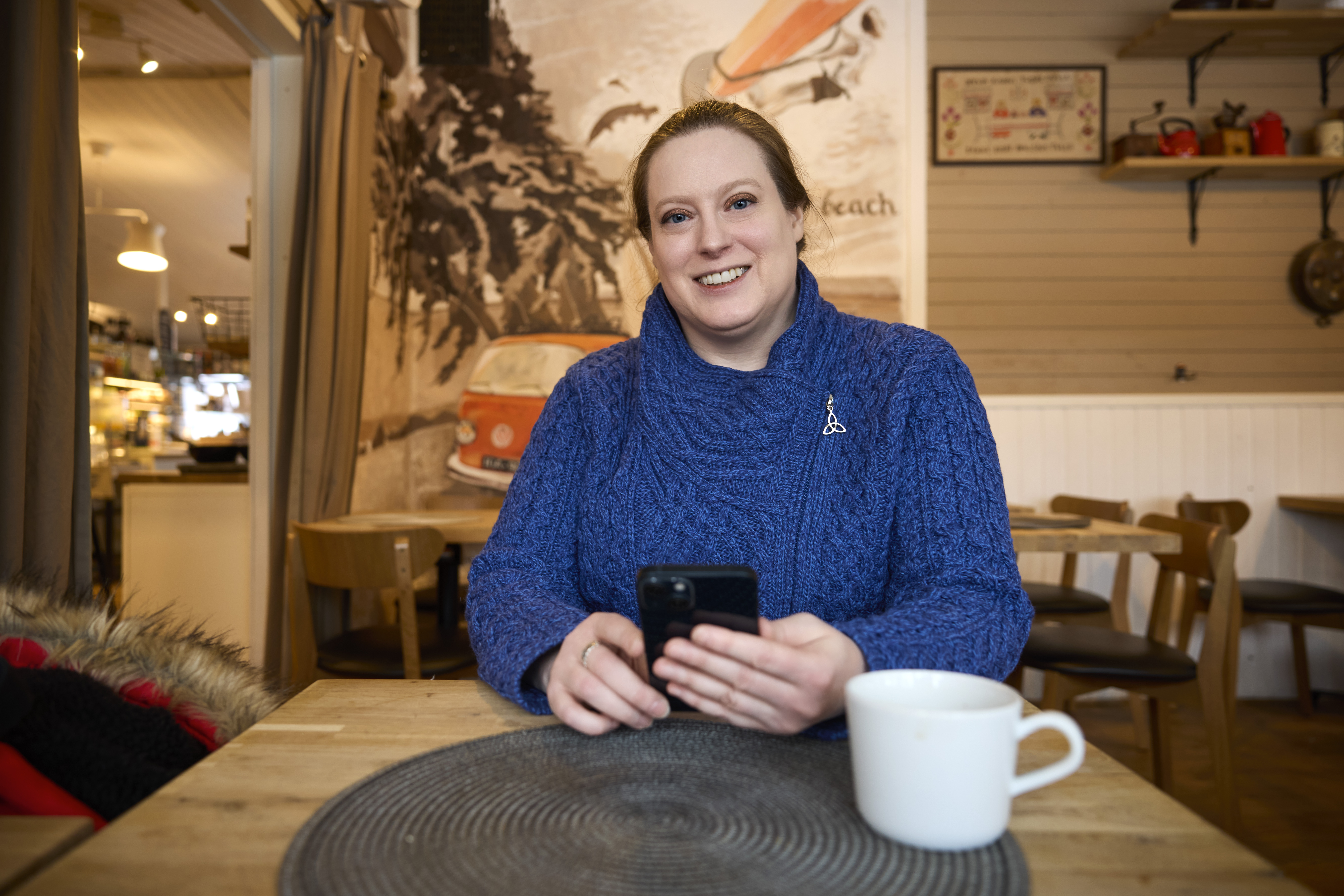”Thank you” is often one of the first words you come across when learning a new language. You can get pretty far with it in many situations, but once you get better it’s time to expand your vocabulary and learn different alternatives for different situations in addition to the simple thank you.
Thanking is a central part of November as people in the United States celebrate Thanksgiving on the fourth Thursday of November. That’s the time to get together with your family and relatives to eat well and to be thankful for everything good and important in your life.
Amongst many other traditional dishes, the Thanksgiving dinner table includes a whole turkey, cooked in the oven with a delicious stuffing, and a velvet-smooth pumpkin pie. Even though enjoying excellent food may look like the main event, the most central part is the group of family or friends around the table.
Whether Thanksgiving is part of your traditions or not, the darkening and seemingly endless November is a great time to pause to ponder the fundamental meaning of Thanksgiving. How about you make it your aim to thank more for the rest of the month, be it a friend, a colleague, or a friendly co-passenger on the crowded morning bus? Or you could list things in your diary that make you happy right now.
After that, you can learn new ways to say thank you in the language you’re learning! We have provided alternatives for you to enrich your English, German and Spanish vocabulary.
Thanking in English
When you’re thanking a friend or someone else familiar:
- Thanks a lot!
- I can’t thank you enough.
- I really appreciate it.
- I owe you one.
When you’re deeply thankful:
- I’m truly grateful.
- Words cannot describe how grateful I am.
- I thank you from the bottom of my heart.
When you want to thank in a formal situation:
- Please accept my deepest thanks for…
- I’d like to express my appreciation for…
Danke – Thanking in German
- Tausend Dank.
- Vielen Dank.
- Danke schön.
When you’re deeply grateful:
- Ich bin dir sehr dankbar.
- Ich bedanke mich vielmals.
When you want to express a heartfelt thank you:
- Herzlichen Dank!
- Ich danke Dir sehr herzlich.
When you want to thank in advance:
- Vielen Dank im Voraus.
When you want to thank in a formal situation:
- Ich danke Ihnen.
- Haben Sie vielen Dank.
- Ich möchte mich bei Ihnen bedanken.
Gracias – Thanking in Spanish
When you’re thanking a friend or someone else familiar:
- ¡Muchas gracias!
- Gracias por todo.
- Te debo una.
When you’re deeply thankful:
- Mil gracias.
- Te estoy eternamente agradecido/a.
- ¡No sé qué haría sin ti!
When you want to thank from the bottom of your heart:
- Te lo agradezco de todo corazón.
When you want to thank in a formal situation:
- Se lo agradezco.
- Le estoy muy agradecido/a.
- Es usted muy amable.
When you want to thank in advance:
- Te agradecería que…
- Gracias por adelantado.
- Gracias de antemano.










